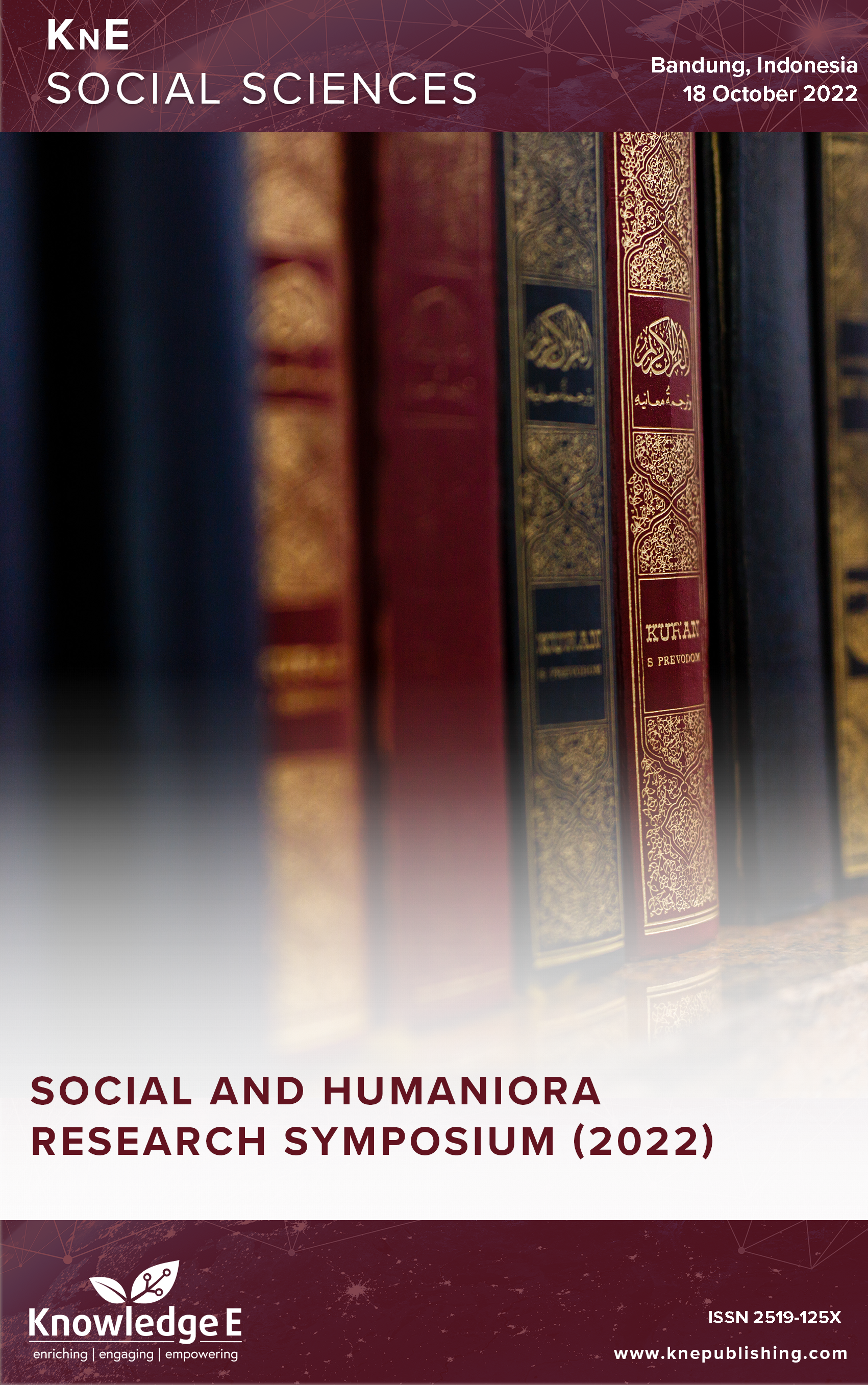Peer Medicine Application Supervisor: A Breakthrough for the Elimination of Scabies in Islamic Boarding School
DOI:
https://doi.org/10.18502/kss.v8i18.14295Abstract
The incidence of scabies, especially in Islamic boarding schools (Pesantren), remains a persistent problem in Bandung city. Previous studies have identified multiple contributing factors to scabies, making it difficult to eradicate. Despite efforts to introduce healthy and clean-living behaviors (PHBS) to treat and eliminate the disease, scabies continues to persist. This study aims to pilot an innovative approach called the Assigned Peer Medicine Application Supervisor (PMAS) to combat scabies in an Islamic Boarding School in Bandung city. The research involved all students, totaling 193 aged between 5 and 18 years old, consisting of 82 girls and 111 boys. The study was conducted in two stages - medical examinations for all students and the assignment of peer medicine application supervisors. The research took place from February to August 2022 in Bandung city. The results demonstrated that the peer medicine application supervisor approach was highly effective in reducing the cases of scabies in the pesantren. Scabies cases decreased significantly from 58% to 27%. In conclusion, the implementation of the peer medicine application supervisor successfully reduced scabies cases in the Islamic boarding school setting.
Keywords: Scabies elimination, peer medicine application supervisor, Islamic boarding school
References
[2] Liu JM, Wang HW, Chang FW, Liu YP, Chiu FH, Lin YC, et al. The effects of climate factors on scabies. A 14-year population-based study in Taiwan. Parasite. 2016;23:54.
[3] Engelman D, Kiang K, Chosidow O, McCarthy J, Fuller C, Lammie P, et al. Members of the international alliance for the control of scabies. Toward the global control of human scabies: introducing the International Alliance for the Control of Scabies. PLOS Neglected Tropical Diseases. 2013 Aug;7(8):e2167.
[4] El-Moamly AA. Scabies as a part of the World Health Organization roadmap for neglected tropical diseases 2021-2030: What we know and what we need to do for global control. Tropical Medicine and Health. 2021 Aug;49(1):64.
[5] Tresnasari C, et al. “Understanding scabies in religious boarding school (Pesantren).” 2019; 307(SoRes 2018):520–522. https://doi.org/10.2991/sores-18.2019.120
[6] Talukder K, Talukder MQ, Farooque MG, Khairul M, Sharmin F, Jerin I, et al. Controlling scabies in madrasahs (Islamic religious schools) in Bangladesh. Public Health. 2013 Jan;127(1):83–91.
[7] Triyani Y, Yuniarti L, Tejasari M, Purbaningsih W, Ismawati I, Respati T. “A journey to a better community service in religious boarding school Pesantren.” 2019;307(SoRes 2018):497–499. https://doi.org/10.2991/sores-18.2019.114
[8] Micali G, Giuffrida G, Lacarrubba F. “Scabies,” Diagnostics to Pathogenomics of Sexually Transmitted Infections. 2018;367:357–371.
[9] de Jong W, Rusli M, Bhoelan S, Rohde S, Rantam FA, Noeryoto PA, et al. Endemic and emerging acute virus infections in Indonesia: an overview of the past decade and implications for the future. Critical Reviews in Microbiology. 2018 Aug;44(4):487–503.
[10] Ratnasari AF, Sungkar S. “Prevalensi Skabies dan Faktor-faktor yang Berhubungan di Pesantren X, Jakarta Timur,” eJournal Kedokteran Indonesia. 2014;2(1): https://doi.org/10.23886/ejki.2.3177
[11] Menteri Kesehatan Republik Indonesia. Pedoman Pembinaan Perilaku Hidup Bersih Sehat. Jakarta: PHBS; 2011.
[12] Riptifah S, Handari T, Yamin M. “Analisis Faktor Kejadian Penyakit Skabies di Pondok Pesantren An-Nur Ciseeng Bogor 2017,” Jurnal Kedokteran dan Kesehatan Indonesia. 2017:74–82.
[13] Thomas C, Coates SJ, Engelman D, Chosidow O, Chang AY. Ectoparasites: scabies. Journal of the American Academy of Dermatology. 2020 Mar;82(3):533–548.
[14] Andre GL, Richert B. Management of scabies in 2019. Revue Medicale de Bruxelles. 2019;40(5):432–438.

